Barbados first broke apart from the British Crown. Subsequently, Rihanna was declared an official national hero. The nation’s current goal is to provide a universal basic income to every person.
Two weeks have been really busy.
Avinash Persaud, Barbados’ special envoy on investment and financial services to the prime minister, stated in the Facebook post’s comments area that the government of Barbados plans to return a portion of the nation’s income to its adult residents on a regular basis.
Like many other Caribbean and Latin American nations, Barbados has been negatively impacted financially by the pandemic and is seeking to help struggling households.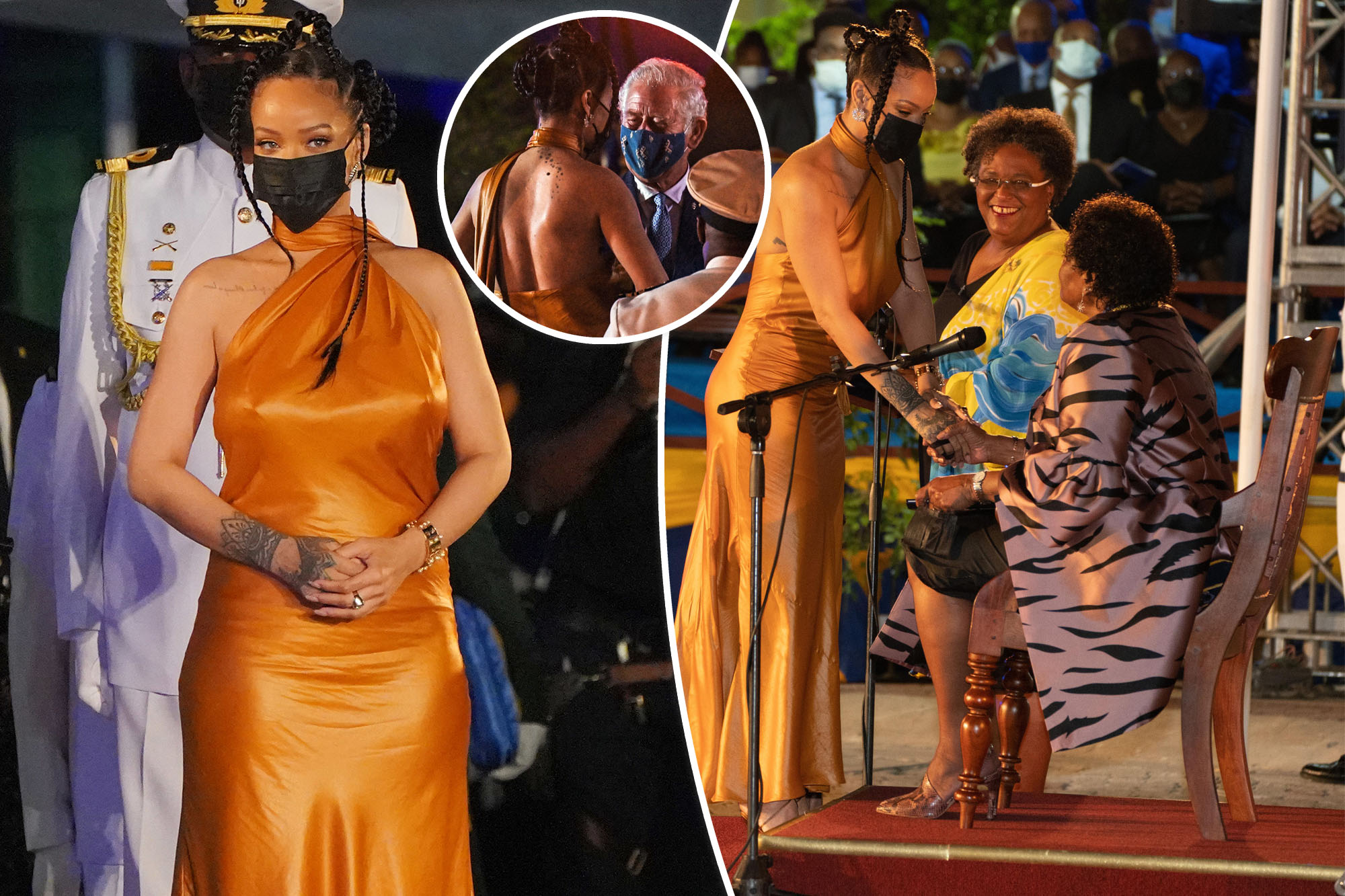
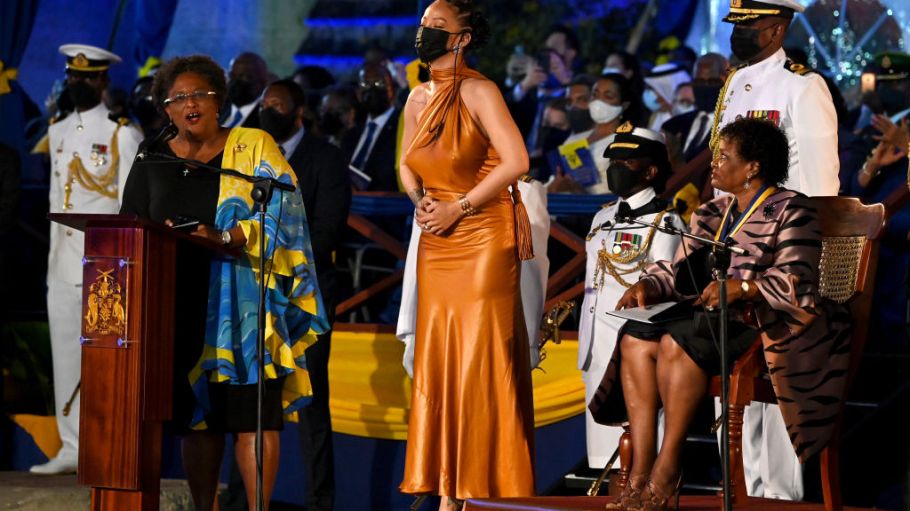
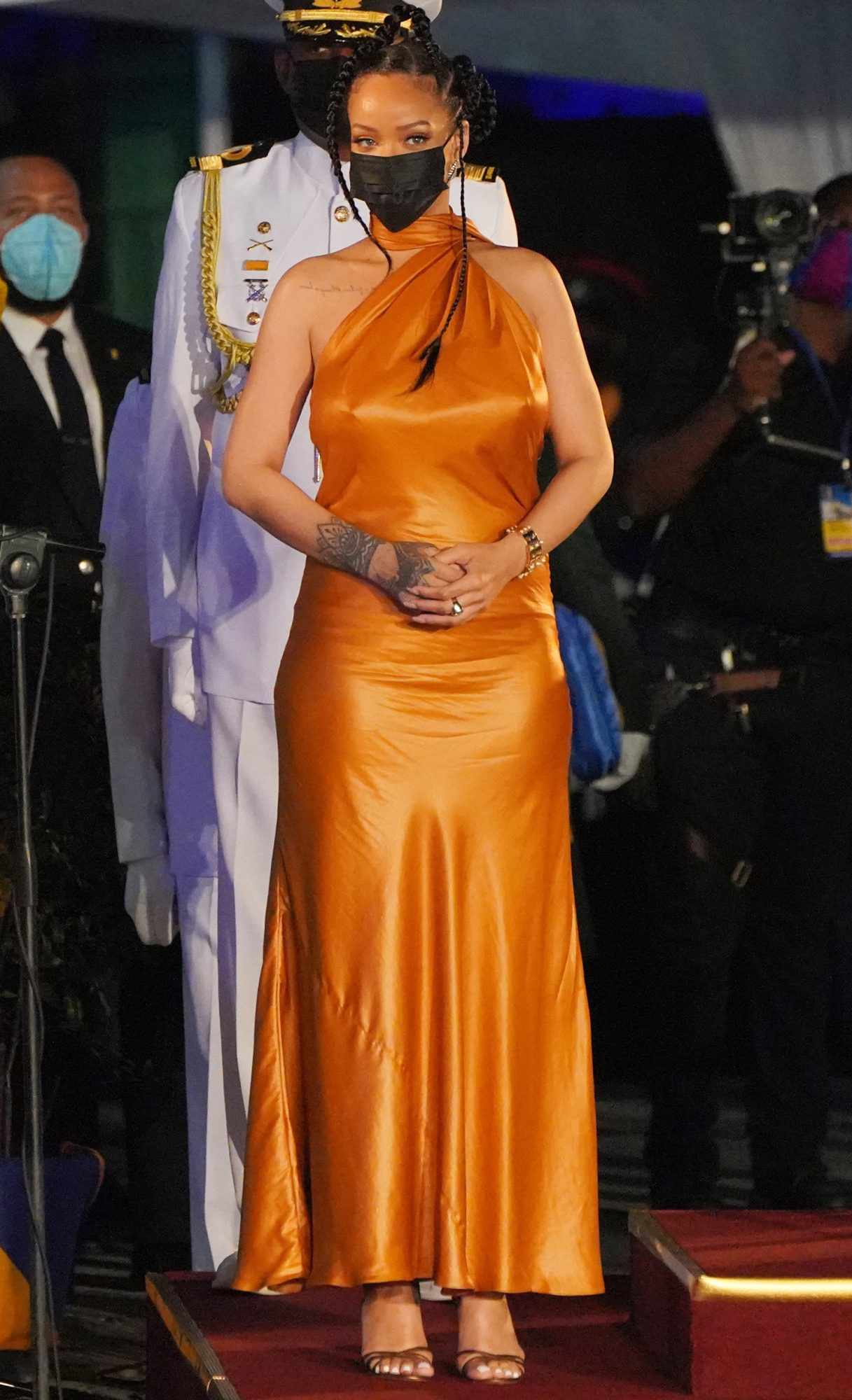
In particular, Persaud suggested that citizens get regular payouts through a citizen’s dividend, which normally provides citizens with large amounts of money derived from government spending on nature resources. For example, the Alaska Permanent Fund provides annual stipends to its citizens based on the profits of the Alaska Permanent Fund Corp., a state-owned company financed by oil revenues.
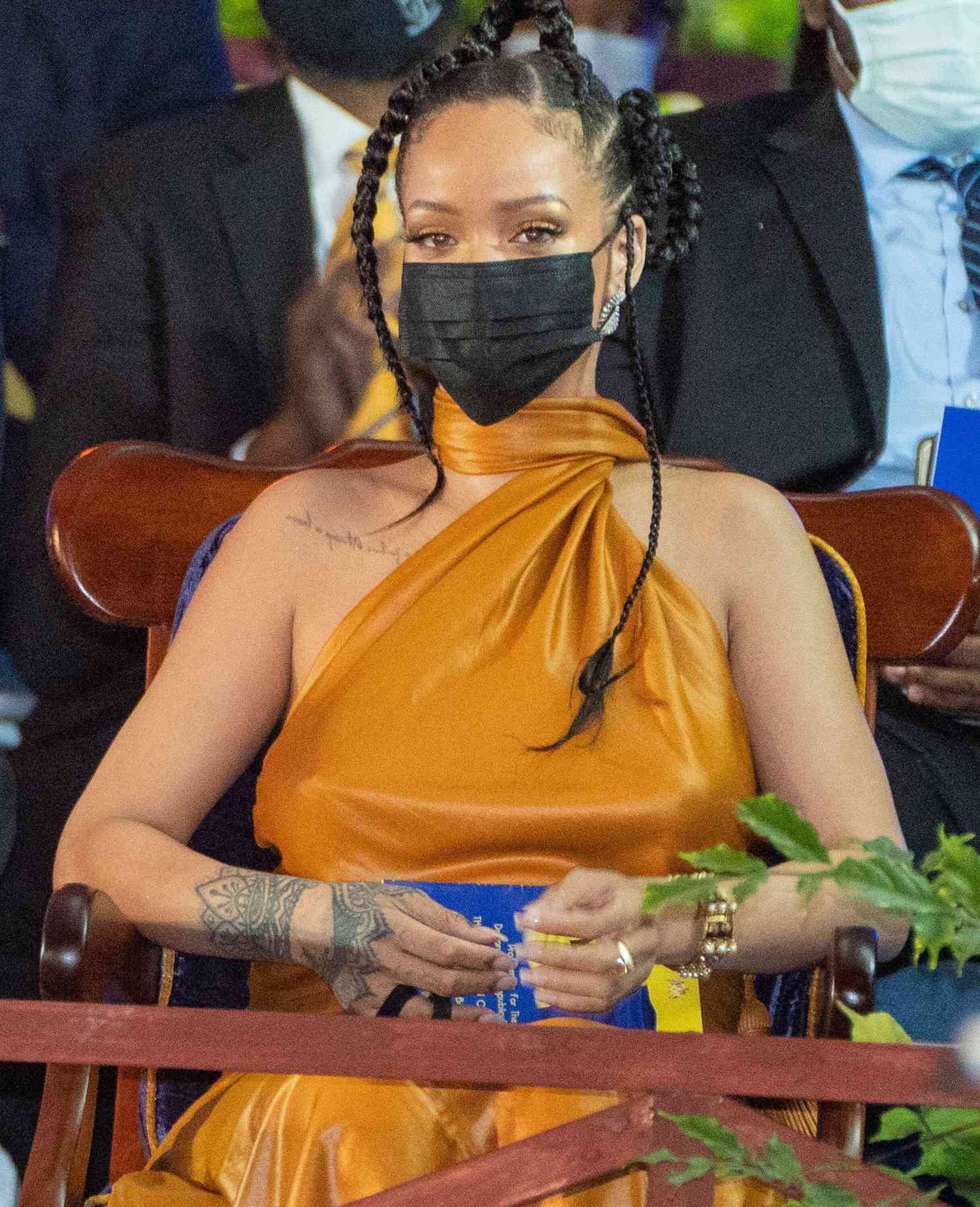
Persaud proposed creating a universal basic income by combining the annual reverse tax credits that Barbados people currently get with a citizens dividend. A reverse-tax credit award of 1,300 Barbadian dollars, or roughly $644, every year is available to Barbados who make less than 25,000 Barbadian dollars annually, or roughly $12,386.
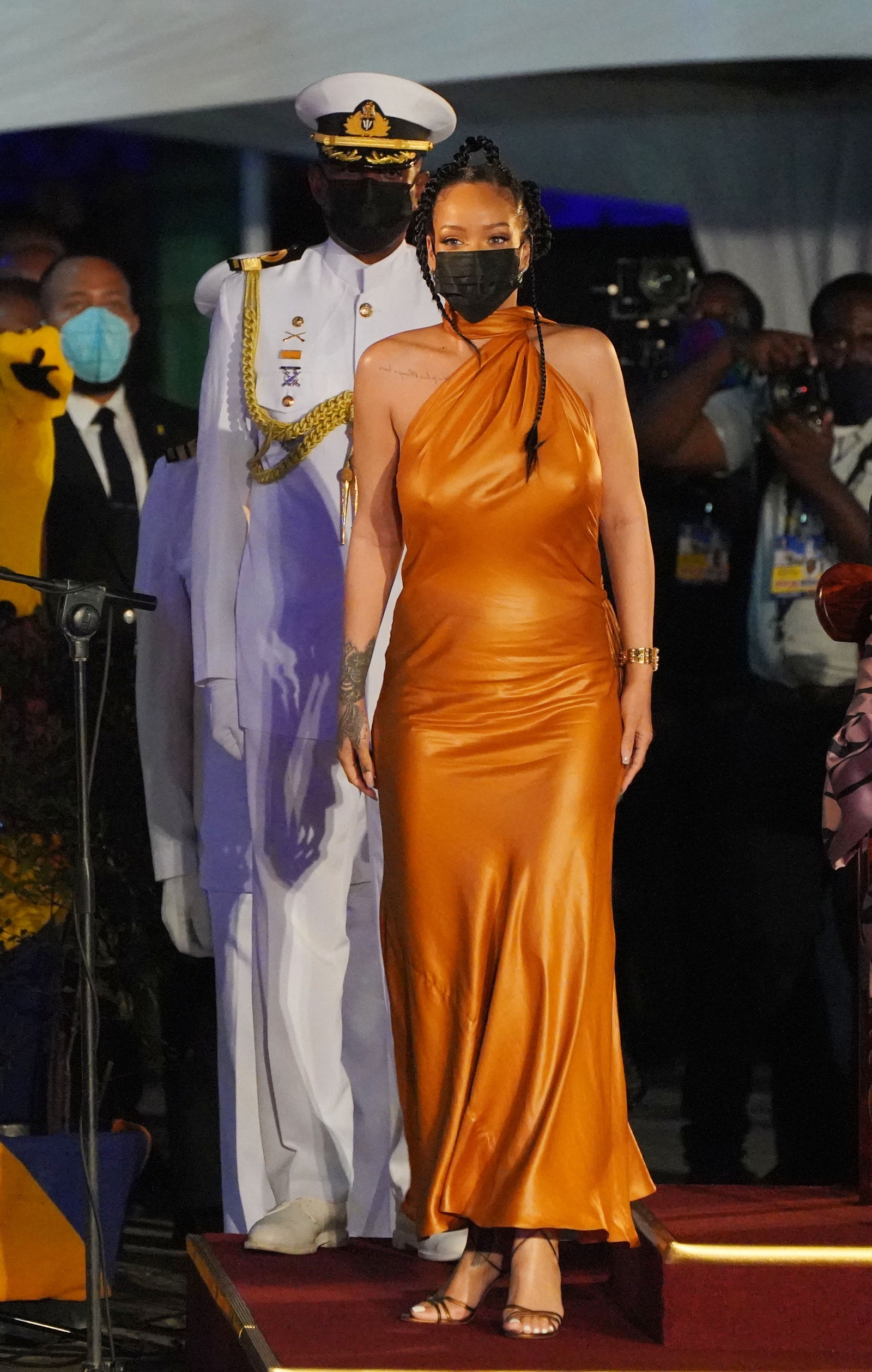
Unlike traditional welfare programmes, universal-basic-income programmes are government efforts in which every adult citizen is given a regular set amount of money with no strings attached.
Globally, the popularity of universal basic income (UBI) programmes has grown recently, in part due to the financial burden the pandemic has placed on those with low incomes. Insider found more than 30 guaranteed-income schemes that have lately disbursed payments to US citizens, the majority having started within the last year or two.
While several cities and states are testing out guaranteed-income programmes, a true universal basic income (UBI) programme, such as the one Barbados is proposing, distributes payments to all of its inhabitants.
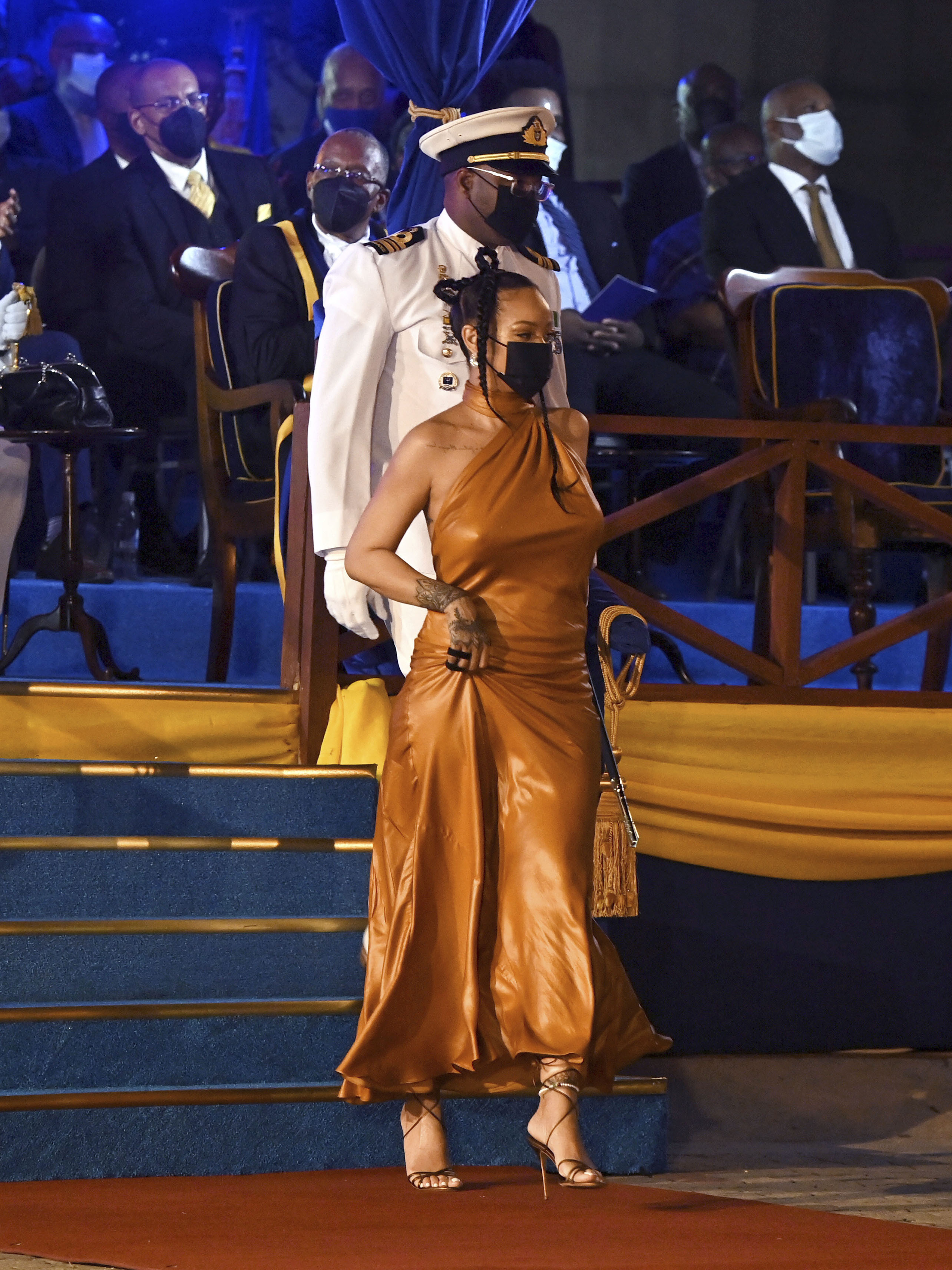
“Despite all the pressure from international agencies to ‘target’ we hold the line on universality,” Persaud stated. “For this reason, we made postsecondary education free for everyone. This is essential for social mobility and opportunity, according to research conducted internationally. The less fortunate are unable to bear the costs, the risk, or the anxiety of incurring significant debt in order to safeguard their future.”
Barbados eyes UBI as a way to help citizens out of poverty
Beyond just her music, there’s another reason why Barbados, where Rihanna is originally from, is such a fan base for the international superstar. She’s arguably the most well-known philanthropist in the nation.
For example, in March 2020, when the coronavirus hit the world, Rihanna donated $700,000 worth of ventilators to Barbados through her Clara Lionel Foundation and promised $5 million to help underdeveloped nations. She has contributed millions of dollars to the nation’s efforts in healthcare and education over the years.
![Rihanna Coverage on X: "[New Photos] Rihanna attends Presidential Inauguration Ceremony at Heroes Square, Bridgetown, Barbados - November 29, 2021 : https://t.co/KVeLHGbvLU https://t.co/XA1ZMIdAZs" / X](https://image.haly.online/uploads/image_65dd4d69e00cc.webp)
Barbados has praised those initiatives. The nation’s stability had suffered recently due to the epidemic, the climate catastrophe, a declining labour force, and the lingering repercussions of colonialism.
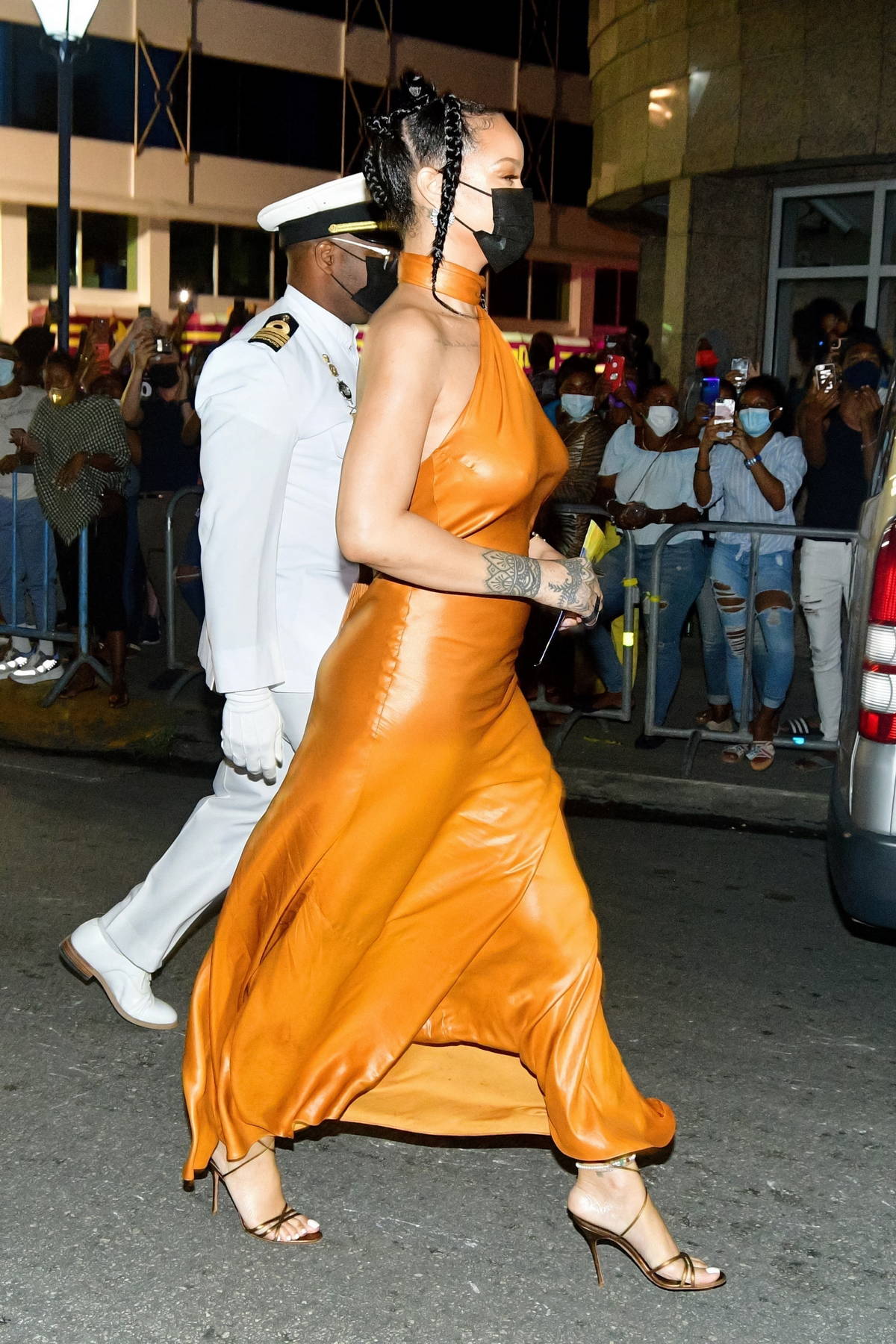
The pandemic has affected the entire region; in a World Bank survey conducted this month among households in the Caribbean and Latin America, at least half of the participants stated they had not been able to return to their pre-pandemic income levels, which has resulted in a decline in standards for health and education.
According to the most recent World Bank economic report from 2017, poverty rates in Barbados have grown. Experts speculate that this increase is likely due to the coronavirus’s impact on the island nation’s tourism sector.